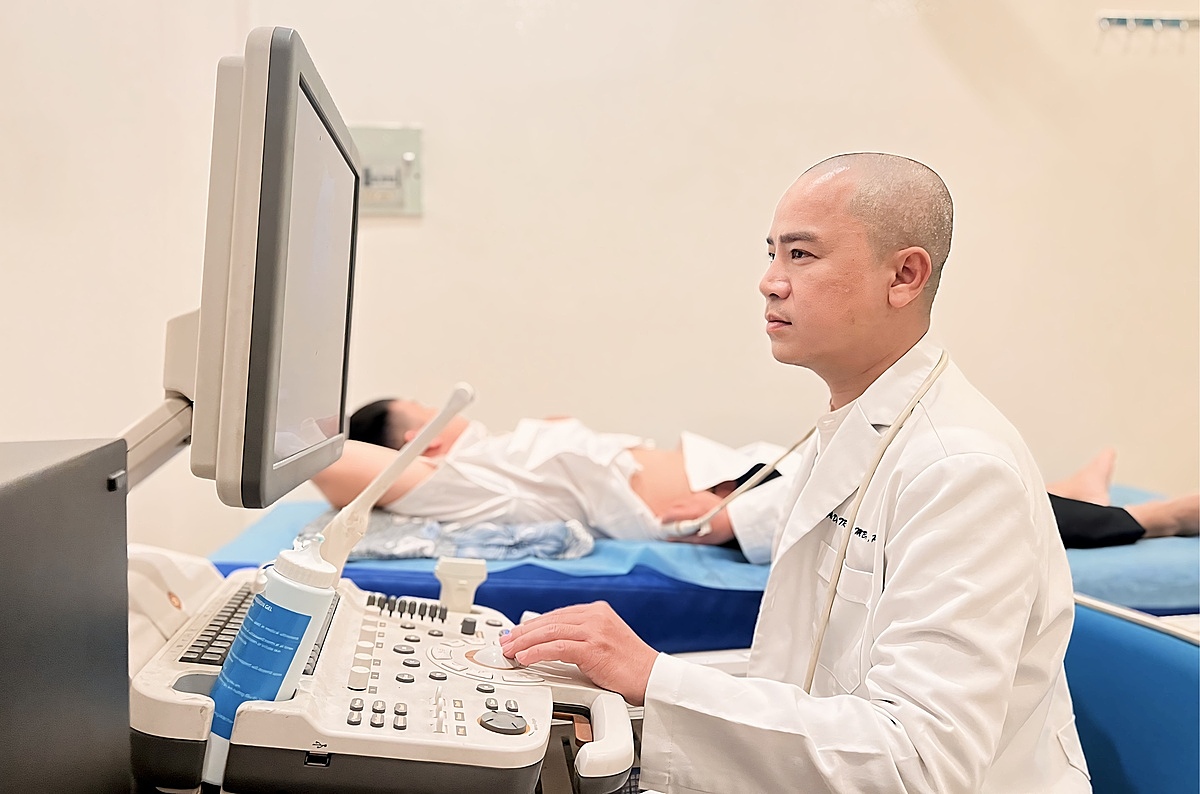According to Dr. Tra Anh Duy of the Men’s Health Center, this increase in libido among middle-aged men can stem from biological, psychological, lifestyle, or underlying medical factors.
The role of endogenous testosterone is crucial. Testosterone, the primary male hormone, regulates libido, erectile function, and sperm production. Typically, testosterone levels gradually decline after the age of 30. However, for some, this decline is less pronounced or may involve periods of slight increase due to changes in the hypothalamic-pituitary-testicular axis.
A study by Harman in the Journal of Clinical Endocrinology & Metabolism found that about 20% of men over 60 maintain testosterone levels above 500 ng/dL without treatment. This explains why some men maintain or even experience increased libido during middle age.
Psychosocial factors and life changes also play a role. Middle-aged men often experience transitions like divorce, retirement, grown children, or new relationships. These changes can trigger a resurgence in libido that may have been suppressed for years, similar to a "second spring" phenomenon. The sense of freedom after the pressures of marriage can contribute to increased sexual activity in middle-aged men.
Dr. Duy recently treated a 52-year-old man experiencing a significant increase in libido and difficulty controlling his sexual impulses. The patient reported being in the process of a divorce, living alone, experiencing insomnia, frequently watching pornography, and feeling "obsessed with sex." After psychological assessments and ruling out physical causes, he received cognitive behavioral therapy (CBT) combined with sleep regulation and content control strategies.
Improved physical fitness and lifestyle changes can also have an impact. Improved diet, exercise (especially testosterone-boosting exercises like weightlifting and HIIT), and sufficient sleep contribute to improved endogenous testosterone levels, potentially leading to a noticeable increase in libido. A study by Hayes in Mayo Clinic Proceedings showed that after just 12 weeks of lifestyle changes, a group of obese middle-aged men saw an average testosterone increase of 125 ng/dL and significant improvement in libido.
The use of stimulants or medications can also be a factor. Using exogenous testosterone, over-the-counter sexual enhancement drugs, or anabolic steroids can artificially increase libido. This is often accompanied by hormonal imbalances, potentially leading to testicular atrophy and long-term erectile dysfunction if not managed. Stimulants like alcohol, low doses of cannabis, and some antidepressants have also been noted to cause a temporary increase in sexual activity.
For example, a 48-year-old man experienced a sudden increase in libido, engaging in sexual activity 1-2 times daily for several weeks without feeling tired. This coincided with a job change, early retirement, regular gym workouts, and the use of testosterone supplements purchased online. Tests revealed that the increased libido was secondary to exogenous testosterone use. Dr. Duy advised him to discontinue the supplements and undergo regular hormone monitoring.
 |
Dr. Duy performs an ultrasound on a patient. Photo: Lam Anh |
Impulse control disorders, sex addiction, and central nervous system damage can also contribute. In some cases, increased libido is not due to normal physiology but is a manifestation of an impulse control disorder or sex addiction, potentially associated with depression, anxiety disorders, or chronic stress.
Specifically, some physical injuries to the central nervous system can also cause unusual increases in libido. After a stroke, traumatic brain injury, or brain tumor, if the frontal cortex or hypothalamus—areas that regulate behavior and sexual instincts—are affected, patients may exhibit uncontrolled sexual behavior.
When is increased libido a cause for concern? Increased libido is not always a positive sign. It warrants evaluation by a specialist in andrology or clinical psychology to determine the cause and appropriate intervention if the condition persists, affects daily life and work, or causes conflict in marital or social relationships. Caution is advised when increased libido is accompanied by the use of stimulants, risky behaviors, or psychological changes like insomnia, restlessness, and irritability.
Middle-aged men living alone, with limited social connections, a history of trauma, or difficulty managing emotions are particularly vulnerable and require coordinated evaluation by neurology, psychiatry, and andrology specialists.
Le Phuong












